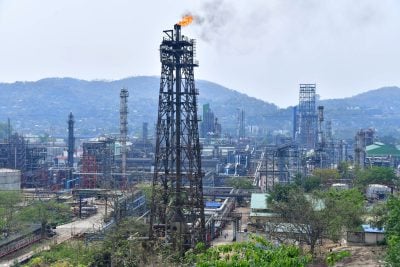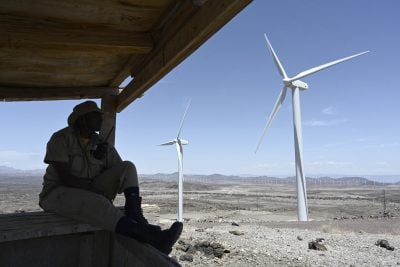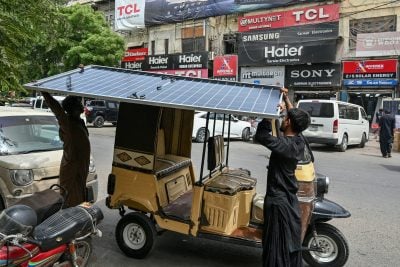The government of Botswana is convinced that coal has the potential to become the country’s next great export commodity. Ministers have repeatedly stated that coal and coal bed methane (CBM) production can become as important as diamond mining. Rival plans for a new coal export railway are being developed and interest in Botswanan coal potential has encouraged a string of new investors to enter the sector.
The government had placed a moratorium on issuing new coal mining and CBM licences in June in preparation for the completion of its new Coal Roadmap strategy, which is being drawn up in consultation with Scottish consultants Wood Mackenzie. The ban was due to be lifted by the end of September but the full details of the new regulatory environment have yet to be finalised. While Gaborone hopes to ensure that the country takes more benefit from mining sector activity, it appears that the private sector is still expected to take the lead on project development.
Speaking to journalists in Australia, where many new investors in Botswana’s mining sector are based, Botswana Minister of Trade and Industry Dorcas Makgato-Malesu said that the ban would enable Gaborone to show “There’s more to Botswana than just diamonds. It’s important that we diversify from diamonds because it’s not a very good strategy not to diversify.”
One of the country’s biggest potential coal projects is the Mmamabula scheme, led by CIC Energy of Canada. The company intends to develop a coal mine and associated 1.2 GW power plant that could supply electricity to South Africa as well as Botswana.
The international price of coal has been driven up by rising demand from China and India, which relied on domestic mines but which are rapidly becoming important importers. It is therefore more commercially attractive to seek to export Botswanan coal.
Other mining commodities
Hana Mining, which is registered in Canada, is developing the Ghanzi copper and silver mine in the northwest of the country, close to where Discovery Metals is developing its Boseto copper mine. Discovery, which is listed in Botswana but which is mainly owned by Australian interests, had planned to produce 36,000 tonnes a year over 15 years but now expects output of 50,000 tonnes a year to extend over at least 25 years. Other investors include Matsitama Minerals, which is exploring for copper, gold and iron oxide at several locations across the country.
Australian firm A-Cap Resources plans to develop a uranium mine at Letlhakane in the north of Botswana. The company’s managing director, Andrew Tunks, announced in July that the reserves estimate at the site had been increased from 158m pounds (lbs) to 261m lbs.
Most of the uranium is expected to be exported to Asian markets, including China and India, where dozens of new nuclear reactors are being constructed.
Want to continue reading? Subscribe today.
You've read all your free articles for this month! Subscribe now to enjoy full access to our content.
Digital Monthly
£8.00 / month
Receive full unlimited access to our articles, opinions, podcasts and more.
Digital Yearly
£70.00 / year
Our best value offer - save £26 and gain access to all of our digital content for an entire year!
 Sign in with Google
Sign in with Google 


